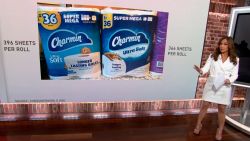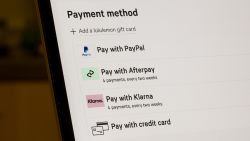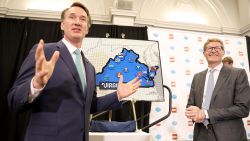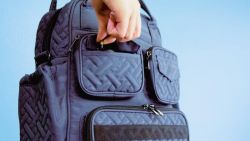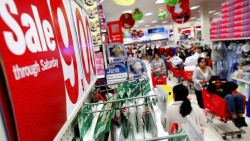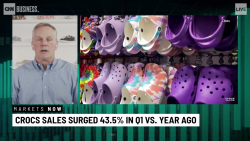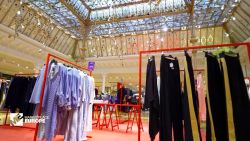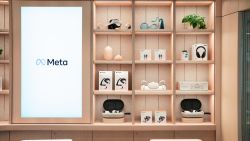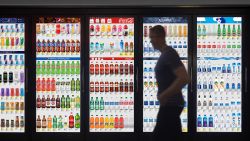Makeup sellers Ulta Beauty and Sephora have a problem on their hands.
When it comes to beauty products, consumers love to test cosmetics, creams and fragrances on themselves before they buy them.
But that’s not really an option right now given the current health and safety concerns tied to the pandemic. That’s bad news for cosmetics sellers who’ve already suffered double-digit percentage sales declines in the first quarter because of store closures and the “no makeup, work-from-home” look that consumers have embraced amid the shutdown.
They’re now under pressure to somehow replicate the in-store sampling experience in a convincing way for consumers to reinvigorate sales.
Ulta (ULTA) Beauty, which operates over 1,200 stores in the United States, has a gameplan.
It’s called GLAMLab — Ulta’s virtual makeup try-on app that offers access to more than 4,000 items.

“We know how much fun it can be to discover, try on and find the right items on your own. But safety is paramount right now,” said Prama Bhatt, Ulta Beauty’s chief digital officer.
With the app, you can take a selfie or use a live shot of yourself to digitally try on a shade of lipstick, eyeshadow or even digitally sample a particular brand of mascara or eyeliner.
Bhatt said GLAMLab usage has increased by five times in the pandemic and “we have seen 19 million shades tried on in the post Covid-19 environment.”
“That’s significant for us,” she said.
Bhatt added, “We’re continuing to grow the GLAMLab experience as we reopen our stores.” New on the app, which launched in 2016, is a virtual hair color and eyelash try-on feature, for instance.
In addition to the app, Ulta, which expects to have all of its stores open by the end of June, is introducing virtual beauty advisors to answer customer questions about products.

Similarly, Sephora, which also offers a virtual try-on experience and tutorials through its app, said in an email that its “beauty advisors” will be available to help customers via in-store demonstrations.
Both Sephora and Ulta Beauty already pop product samples into bags at checkout and will continue to offer that perk.
There’s no doubt that the coronavirus has significantly challenged the ability of brands to offer the full experience shoppers get in the store, said Greg Petro, founder and CEO of predictive analytics and digital product testing firm First Insight.
“The coronavirus has moved the [retail] industry away from high-touch to low-touch,” said Petro. The ‘new normal’ for retailers will be to work with shoppers in a hands-free way to help them to find what they need while also giving them the space to feel comfortable.”

Virtual try-ons, however, may not be enough to pacify shoppers in the long haul, said First Insight’s Petro.
“Retailers need to make up for it with very liberal return policies as well,” he said.
Both Ulta and Sephora said they’ve made some adjustments to return policies. Ulta Beauty said it has extended returns to 180 days “to accommodate those who have purchased something while stores were temporarily closed.”
“To ease returns for online orders, we have increased our current 30-day return policy to 60 days,” Sephora noted in an email.




